This should help.. And in the spirit of a connected 'Net, I found this from Xymphora, who found it on Mondoweiss, who linked to it from its creator, Kovas Boguta. Super fascinating. (Checking out his connectivity map is essential for understanding, so go there first!) Excerpts:
The map is arranged to place individuals near the individuals they influence, and factions near the factions they influence. The color is based on the language they tweet in..
..
(Wael Ghonim).. is prominently located near the bottom of the network, straddling two factions as well as two languages. The size of his node reflects his influence on the entire network.
The lump on the left is dominated by journalists, NGO and foreign policy types; it seems nearly grafted on, and goes through an intermediary buffer layer before making contact with the true Egyptian activists on the ground. However, this process of translation and aggregation is key; it is how those in Egypt are finally getting a voice in Western society, and an insurance policy against regime violence.
..
Some protesters only spoke Arabic but..others make an effort to be visible to the rest of the world on purpose. They want to reach out, and connect with, the rest of the global society.
..
In a case of ironic symbolism, the far left-most satellites are the Whitehouse, State Department, and Wael Ghonim's employer, Eric Schmidt, who is merely a speck on the map. (In other words, they had no idea what was happening on the street, and absolutely no influence on the unfolding events..)And that's probably how everyone in the rest of the network would like this future to look.
I'm doing a bit of paragraph reshuffling here, but a sentence from Boguta's opening statement is the perfect summation:
The Egyptians use of Twitter captures.. the freedom of expression and association that is possible in that medium, and which is representative of a new collective consciousness taking form.
Already, the data is being compiled and analyzed. What didn't work has been noted, and what worked is being modified to fit other country's specific circumstances. We have seen minor examples (in comparison) of the Internet's power of expression and organization, but what happened in Egypt has tapped that potential and shown the world, tangibly, the power of information, and the speed of which it can(and will)be disseminated and acted upon.
What we saw was not just the overthrow of an authoritarian regime or the creation of a new political dynamic in the Middle East, but the fledgling steps of that global collective consciousness and its burgeoning self awareness. Connectivity and expression doesn't rely on power, money, and influence. Mubarak's billions and iron fisted control couldn't put down the 'Net or keep him in power. Global thought just took a great leap forward, and while recent events are hugely important in what will be our documented History, the beginnings of the awareness of What Can Be began not only on the streets, but also on the servers, of Cairo.
Once again, police bodycams are worthless if the cops can turn them off (or
not even wear them) whenever they feel like it. Followup tag just beats out
Asinine, Dumbass tags [Followup]
-
[image: Followup] [link] [22 comments]
30 minutes ago
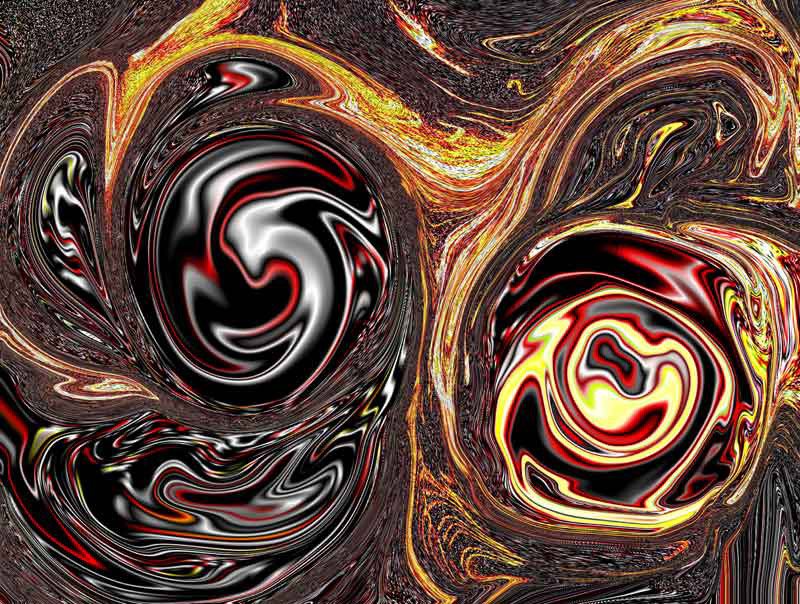
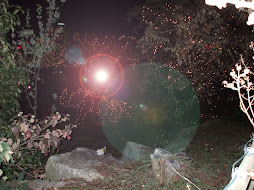



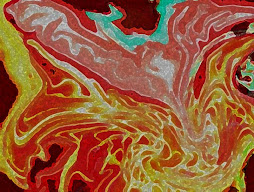



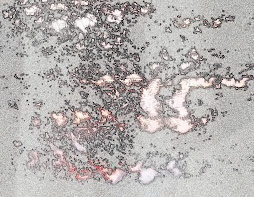


















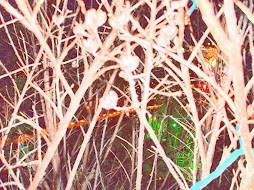
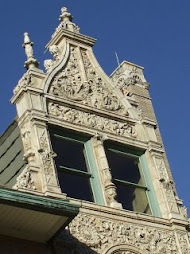













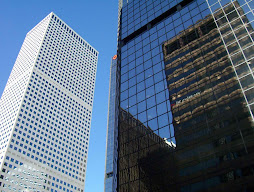





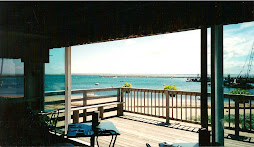
















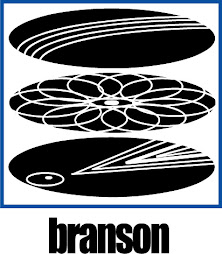

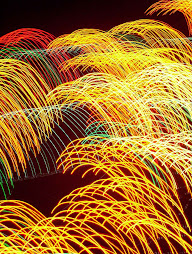








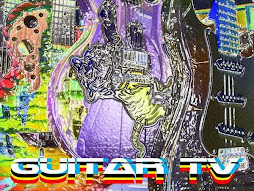


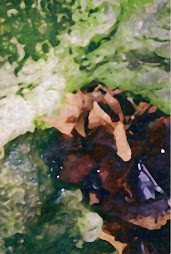
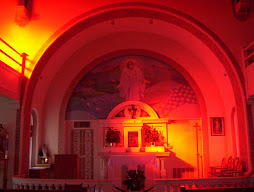





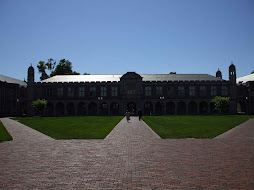


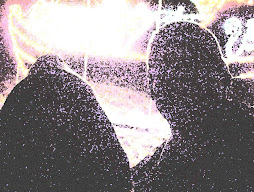





No comments:
Post a Comment